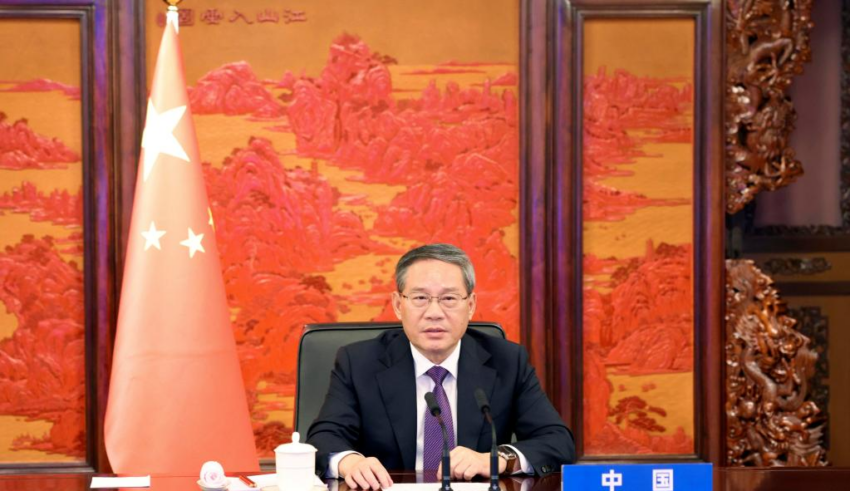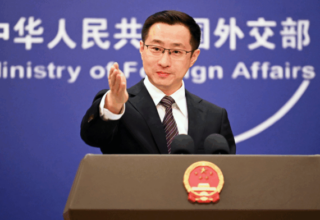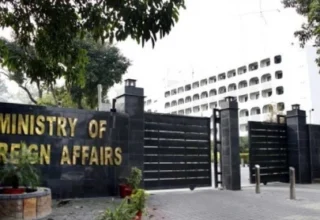
KUALA LUMPUR: Chinese Premier Li Qiang said Monday that China is ready to work with Kuwait to further advance the steady development of bilateral ties.
Li made the remarks during his meeting with Sheikh Sabah Al-Khaled Al-Hamad Al-Sabah, crown prince of Kuwait, in Kuala Lumpur.
The Chinese premier arrived in Kuala Lumpur on Monday to attend the ASEAN (the Association of Southeast Asian Nations)-GCC (the Gulf Cooperation Council)-China Summit.
Highlighting the strong economic complementarity and broad prospects for cooperation between the two countries, Li said that China stands ready to work with Kuwait to strengthen the synergy between the Belt and Road Initiative and Kuwait Vision 2035. He called for expanded cooperation in key areas such as energy, investment, the green and digital economies and artificial intelligence to unlock new avenues for mutual benefit.
Li said both sides should enhance cultural and people-to-people exchanges and cooperation in education, tourism and other sectors, further facilitating personnel exchanges and promoting the friendship between the two nations.
Amid rising unilateralism and protectionism, Li stressed that China is committed to enhancing communication and coordination with Kuwait on multilateral platforms such as the United Nations and the China-GCC Summit to promote fairer global governance and contribute to world harmony, stability, development and prosperity.
For his part, Al-Sabah expressed gratitude for China’s support in upholding Kuwait’s sovereignty and territorial integrity, reaffirming Kuwait’s firm adherence to the one-China principle and supporting China’s position on issues concerning its core interests.
Noting Kuwait attaches great importance to developing relations with China, Al-Sabah said Kuwait is willing to explore untapped bilateral cooperation potential, expand and deepen mutually beneficial cooperation and strengthen people-to-people ties and cultural exchanges.
Al-Sabah voiced Kuwait’s willingness to work with China to advance GCC-China cooperation, enhance communication and coordination on regional and multilateral affairs, and push bilateral relations to a higher level.








